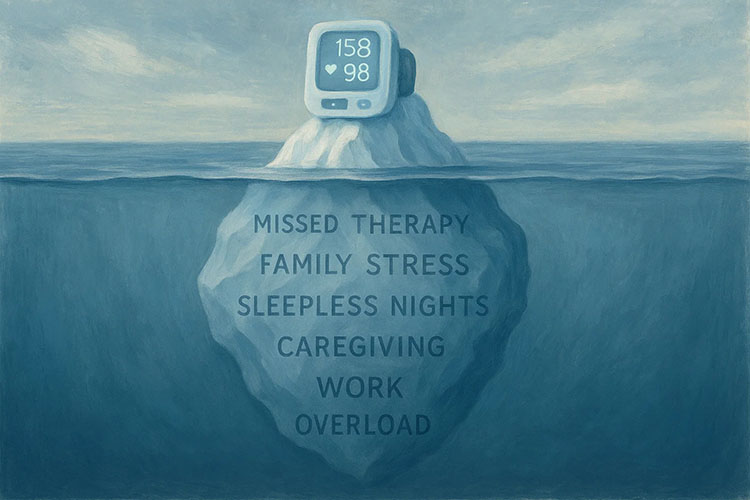
Introduction: Why RPM is Important
With the many different healthcare technologies and RPM programs, achieving positive patient healthcare has never been easier. Practices that want to deliver systems for patients with chronic conditions need to know why RPM can play an important part of their practice.
Remote Patient Monitoring (RPM), is an open and flexible platform that allows you to provide medical services in your own way, for your patients with chronic conditions, and has a new form of healthcare delivery with the best technology available. RPM is a solution that really delivers on the needs of your practice and allows you to grow with it. It is one of the most flexible, open, and intuitive programs in healthcare.
You can customize your practice to suit your unique needs and goals, whether it is expanding in the service area or opening a second location to fulfill the demand in communities near you.
The RPM platform delivers on the need for practices to grow while staying efficient. However, RPM is not just a platform, it’s also a philosophy. The RPM philosophy provides the framework to develop a successful practice of any size and type. We provide the tools necessary for your practice to succeed and grow, while helping your patients stay healthier.
How does a Remote Patient Monitoring Device work?
Remote Patient Monitoring Devices are used to monitor patients at their homes or in a care facility. These electronic devices that monitor the health of a patient and their vital signs send that information through an encrypted service to the server for your practice.
Patients’ vital signs with an effective Remote Patient Monitoring plan can be seen in real time with the following devices:
– Pulse Oximeters: These measure the oxygen level in a patient’s blood by attaching it to their finger or earlobe.
– Activity monitors: These monitor the activity levels of patients who are bedridden or have difficulty moving around on their own.
– Glucose monitors: These measure blood sugar levels and can warn patients when they need insulin injections.
– Blood pressure monitor: Measure blood pressure to detect heart-related diseases.
-Weight Scale: Helps patients track and monitor weight in order to stay healthy.
These devices deliver health care data from the patients’ readings directly to the doctor. They can see the home health status of the patient and allow them to prevent a worsening of the condition. If any other changes are needed, our team can make recommendations and track the status throughout the entire process.
RPM benefits overview
Remote physiologic monitoring provides an alternative to in-person visits for patients who live far from their healthcare provider. it allows for more frequent and timely monitoring of a patient’s health status than traditional methods of communication with patients.
The monitoring program empowers patients to care for their own health. It allows providers to focus on patient support and management of chronic conditions.
This system can be used for chronic diseases, as well as acute events. This system has been used in remote areas where there is limited healthcare access.Presently, its use is growing throughout the United States. This has benefitted public health nationwide.
The Remote Patient Monitoring system allows for Medicare reimbursement, often referred to as CPT® codes. These are 99453, 99454, 99457, and 99458 can be billed at different time intervals.
- CPT® code 99453 is used for an initial set-up and patient education on the use of the equipment and can be billed once.
- CPT® code 99454 is used for device supply with daily recording and programmed alerts and is billed every 30 days with a minimum of 16 days of monitoring.
- CPT® code 99457 is used when a clinician spends 20 minutes in a calendar month on care management and can be billed once a monthly
- CPT® code 99458 is used as an addon to 99457 and can be billed twice for each individual 20 min block.
These CPT® codes allowed a constant source of income for the practice. The codes are excellent for generating revenue as automatic payments. RPM also helps maintain relationships with patients. Medek Health can help you automatically do this with our team of billers, reviewers, and onboarding.
Conclusion and Takeaways
The benefits of remote monitoring are clear. The technology allows patients to be monitored with no doctor’s visit, it can help reduce health care costs. It helps patients feel more in control and less reliant on doctors for every minor symptom. This technology has also helped doctors to monitor the health of their patients better, which has led to reduced mortality rates.
On top of that, it can be a rewarding and lucrative part of any practice.




